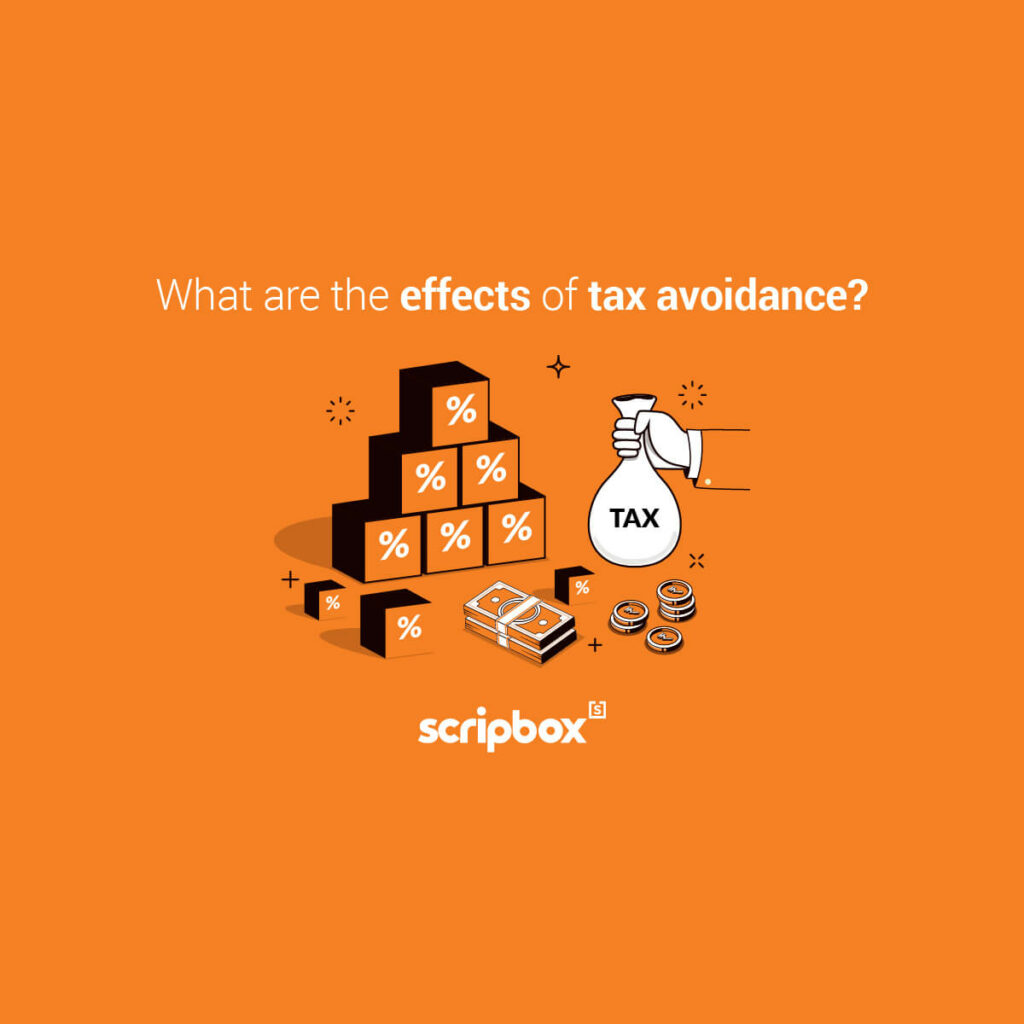What is Tax Avoidance?
Tax avoidance refers to the use of legal means to avoid paying tax. This is majorly dependent on the tax laws of a specific country and the various provisions of the taxation laws in that country. In such a case, taxpayers take unfair advantage of the shortcomings in the tax rules which allows them to find new ways to avoid the payment of taxes that are within the limits of the law. Most taxpayers avoid tax by making adjustments in their books which are within the legal provisions of the law.
Tax avoidance is the practice of taking unfair advantage of flaws in the tax code by devising innovative ways to avoid paying taxes that are within the law’s restrictions. Tax avoidance can be accomplished by altering the accounts in such a way that no tax rules are broken.
What are the Reasons of Tax Avoidance by Taxpayers?
The following are few reasons of tax avoidance:
- The mindset of the taxpayer which forces them to exploit the provision of the tax laws.
- Constantly thinking of being charged a higher tax despite their lower income.
- Significant reduction in the tax payable amount.
What are the Effects of Tax Avoidance?
There can be multiple effects of avoiding tax. The following are a few significant effects:
- This leads to a reduction in public revenue collection and thereby impacting the growth of a country.
- There is a significant impact on the black money which is piled up due to tax avoidance, and can lead to unnecessary inflation.
- Honest taxpayers start having a sense of inequality as compared to those who are avoiding tax and not facing any consequences.
- Delay in government projects due to restrictions in the amount of spending.
What is Tax Evasion?
Taxpayers use tax evasion techniques in order to avoid their tax burden in part or in full. This is done through illegal means and is a result of the taxpayer employing unfair trading practices. These practices can include making false statements, under-reporting of income, overstatement of the tax credit, claiming personal expenses as a business, etc. Such practices can lead to taxpayers being punished under the law and being charged a heavy penalty.
What are the Causes of Tax Evasion?
Tax evasion can be caused by various methods. The following are some of the causes of tax evasion:
- The current tax structure of a country plays the most important role in the cause of tax evasion. More the provisions with certain loopholes more is the possibility of people evading tax through those loopholes.
- If the tax rates are higher in a particular country, it will lead to levying higher tax on the taxpayer which will encourage them to reduce their burden by avoiding tax.
- Lack of simplicity and accuracy of the tax laws in a country. The more complex the law, the more are the chances of people using it to their advantage.
- Lack of citizen’s tax integrity and commitment.
- Claiming excess deductions in the return filed by the taxpayer as against the actual expenditure.
- Underreporting of income from various sources. This will lead to a lower total income and a lower tax burden.
What is Tax Planning?
The practice of examining one’s financial condition in the most efficient way is known as tax planning. A taxpayer can lower his/ her tax liability for a financial year by planning ahead. It entails legally arranging the income in order to take advantage of numerous exemptions and deductions. If certain investments are made for a specific period up to a ceiling of Rs 1, 50,000, you can claim a tax deduction under Section 80C.Similary, a taxpayer can save taxes by investing in tax saving investments like ELSS, PPF, SCSS, 5 year FD, etc.
Tax planning entails utilizing a variety of legal provisions that allow the assessee to profit from deductions, credits, refunds, and exemptions. In other words, tax planning is an art in which one’s financial affairs are logically planned in such a way that the assessee benefits from all of the taxation law’s eligible provisions. Tax planning is a straightforward technique to implement the principles of tax legislation.
Difference Between Tax Avoidance, Tax Evasion, and Tax Planning
| Parameter | Tax Avoidance | Tax Evasion | Tax Planning |
| Legality | Legal | Illegal | Legal |
| Motive | Exploitation of Tax Laws and Provisions | Act of Concealment of Tax | Tax Saving By Availing the Tax Benefits Available to All Types of Taxpayers |
| Attributes | Unethical | Illegal and Punishable | Ethical |
| Consequences | Deferment of Tax Liability | Penalty and/ or Imprisonment | Tax Saving Ethically |
